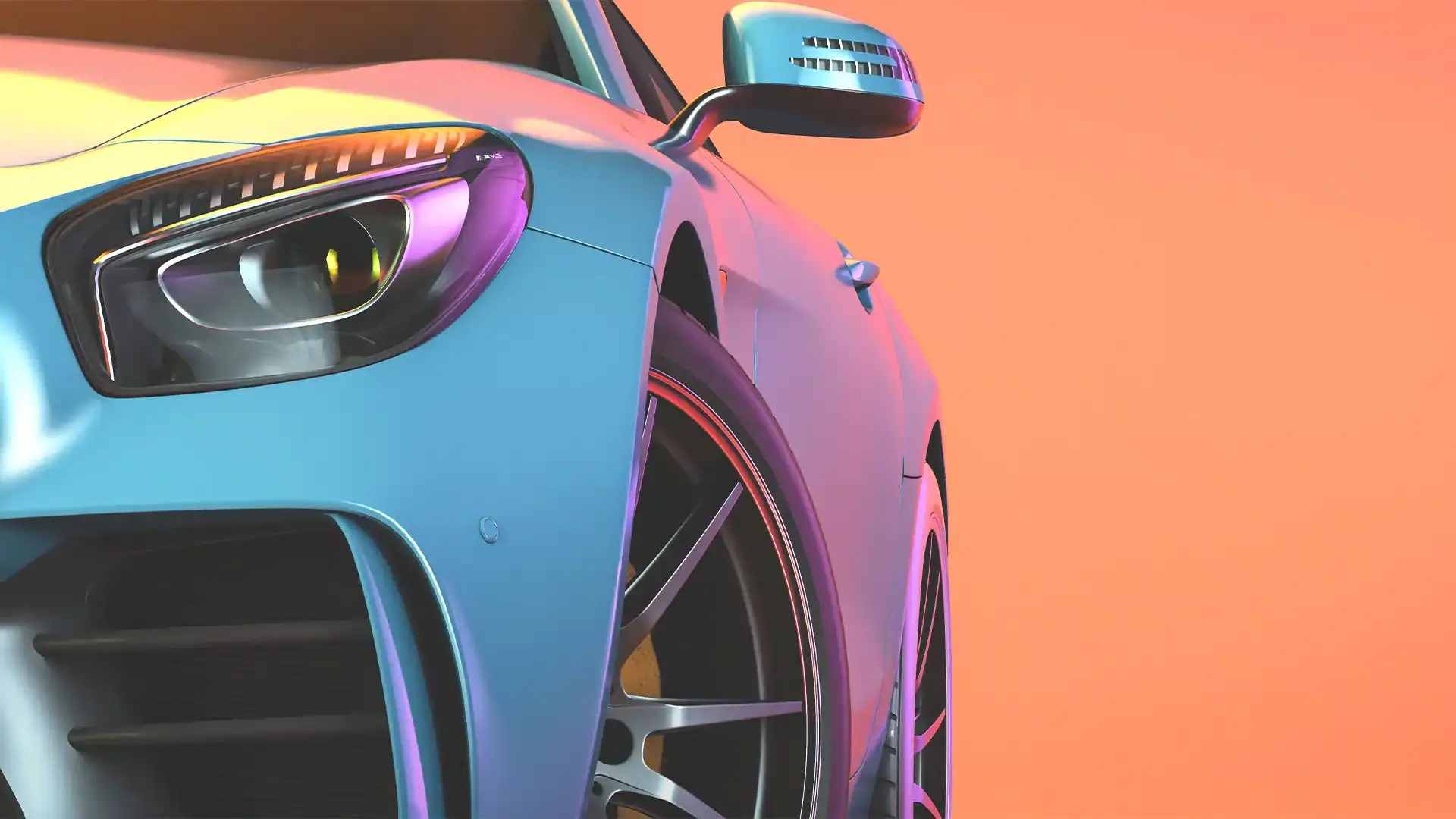In Canada, when you buy a car from a dealer, it comes with certain “standard equipment” from the factory. If your vehicle has had significant changes from that standard equipment, whether it be a modified engine, exhaust, tires or suspension, you’ll need to let your insurer know, and depending on the changes, you may find that few insurers are willing to cover your modified ride. If the changes add value, you’ll also want to protect that new value.
Canadians love to modify their vehicles. In fact, as of 2015, they spent $21 billion a year doing so. More than $7 billion of that was in Ontario. When we talk about modified vehicles, we mean cars and trucks that have non-factory equipment. That can mean engines, transmissions, suspensions, exhaust systems, tires, paint, window tint, lighting, sound systems and more. Modifying a vehicle is a good way to truly make it your own, but before you buy a modified vehicle or undertake to “pimp your ride”, there are a number of legal, safety and insurance considerations that you need to be aware of.
Not all “mods” are legal
The first thing you need to know is that not all modifications are legal. If it’s not legal, it can’t be insured, and you could be in for a nasty surprise if you get in an accident. See the table below for a breakdown of some common modifications and their legal status in Ontario.
Legal vehicle modifications:
- Lifting or lowering the suspension – Whoever is doing the modifications should be aware of obvious safety considerations, like the fact that your tires can’t come into contact with the rest of the car, and the body of the car can’t touch the ground. Make sure any lift kit is approved and properly installed. Other than that, go nuts.
- Tails, fins and spoilers – These are legal. If it wasn’t already obvious to you, they need to be secured to the car, and can’t interfere with your view of the road.
- Oversized tires – Generally this is fine, as long as the tires are approved for road use, and the tires don’t touch the car.
- Changing the colour – This is OK, but you have to update your vehicle registration to reflect the new colour of the car.
- Racing seats/harnesses – If you want to replace your seats and/or seatbelts with racing seats/harnesses, that’s allowed so long as they are approved for the road and properly installed.
- Steering wheel – It’s legal to replace your steering wheel, but the horn must continue to function.
Illegal vehicle modifications:
- Nitrous oxide – Look, it’s legal to have a nitrous oxide system, so long as it’s safely installed, but if the cops pull you over, you better be able to prove that it wasn’t connected while you were driving on the road. Use your judgment.
- Gas cap – Because it’s considered part of your car’s emission control systems, best not to touch the gas cap.
- Off-colour lights – Your headlights and signals can only be certain colours.
- Headlight covers/tint – Don’t do it.
- Racing tires – Many racing tires are not legal for the road. If you’re not sure, don’t tempt fate.
Borderline vehicle modifications:
- Engine modifications – Before you go down this road, you need to really know the law, and which components need to remain intact as part of your emission control system.
- Tinted windows – The law requires that you be able to see the road clearly, and that a police officer be able to see you from outside the vehicle. In Ontario, tint is not allowed on your front windows or front windshield.
- TV screens – You can mount a TV or DVD player in the back, but not on the front dash. Distracted driving is not OK.
- Sound system – There are laws about how much noise you can make in public. If your ride makes store windows vibrate when you drive by, you could get a ticket.
- Exhaust modifications – Again, there are noise laws. If you modify your exhaust to be louder, you could be taking your chances.
Getting coverage for your modified vehicle
Insurance companies set their rates based on the year, make and model of your car, and the prior claims experience that insurers have had with similar models. Once you modify the car to any great extent, that claims experience becomes irrelevant, because you are no longer comparing vehicles with the same features, so the risks may be greater. Your car may have more power and speed, and may be a bigger target for thieves.
Depending on the exact nature of the modifications you want to make, you could find that there are few insurance companies that want to insure you and your vehicle. And yes, that could lead to significantly higher premiums than you would pay for a factory-built car. That’s why it’s a good idea to check with your insurance company before making modifications.
If you’re tempted to simply not tell your current insurer about the changes to try to save some money, we advise that you think again. Remember that most of these changes are obvious to the eye, meaning that if you ever get in an accident, you’re probably going to get found out. That means any claim could be denied, you could be cancelled for misrepresentation, and then you’re in insurance hell for a long time.
Insuring the value of the modifications
The other consideration is that modifications may add significant value to your vehicle, and it could be a challenge to get insurance for the full value of the changes. Even those insurers that do insure modified vehicles will likely insist on an appraisal and an OPCF 19 endorsement, which will limit any potential insurance payout to the appraised value of the modified vehicle.
To protect your investment as much as possible, be sure to ask your insurance provider about what coverages may be available to extend coverage to your modifications. Again, this will require an appraisal, but depending on the nature of the mods, you may be able to cover the full value if you get in an accident and the car is a total loss.
If you’re considering making modifications to your vehicle, call one of the auto insurance brokers at Mitch first. They’ll be able to give you an idea of how your mods are likely to affect your insurance, and help you make an informed decision about how to proceed.
Special thanks to Shane Rosenberg and Alex Gemmiti for their help with this article.
Looking for car insurance?
Speak with a Mitch Insurance broker today to get a quote on Ontario auto insurance
Call now
1(403)8000267








Hey do you know if under-car neon is legal in Ontario? also, is there a percentage for tint that’s ok?
Hey Pat. Thanks for your question. We are insurance experts, but we’re not going to pretend to be experts on the law. Any legal info in the piece is stuff that’s available elsewhere on the web. For specifics about what’s legal and what’s not, best to check with MTO. That said, if it’s legal, we can insure it! Thanks again.